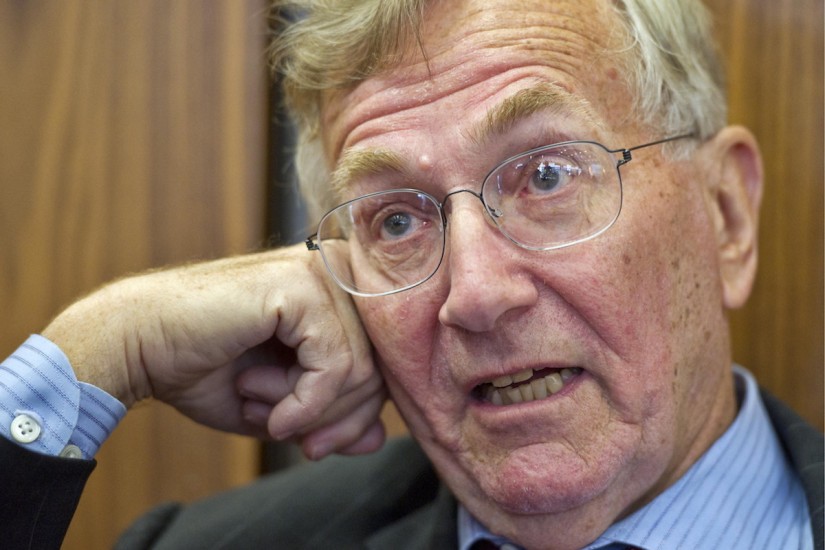Pentagon Curbs Media Access. So ran the headline over a July Politico report about the “increasingly adversarial relationship” between the Defense Department and the reporters assigned to cover it. Since Donald Trump took office, journalists have complained about the infrequency of briefings, the inaccessibility of officials, the president’s refusal to call on reporters who displease him; even the threat to move the White House press room from its traditional place in the West Wing has occasioned loud protests. While the ferocity of Trump’s attacks on the media seems unprecedented (at least since Richard Nixon), the media’s demand for access is not; in fact, it’s a perennial feature of American journalism. So too are the associated risks, for, in seeking that access, journalists often have to make various compromises and accommodations.
The benefits and perils of access are a central theme of Seymour Hersh’s new memoir, Reporter. Over the past half-century, Hersh has been one of America’s premier investigative journalists. But unlike, say, Bob Woodward, who specializes in getting those in power to talk, Hersh has been an untethered operator whose scoops have resulted from veering from the pack. In describing how it’s done, Reporter offers a best-practices guide to journalism as well as an implicit critique of the way it’s practiced today. The book also captures Hersh’s own ambiguous relationship to access and his sometimes questionable use of anonymous sources. No less important, Reporter exposes a structural weakness in American journalism—one that, while linked to the culture of access, extends far beyond it.
Hersh first encountered this weakness while working at the City News Bureau in Chicago. He got there through an unlikely route. Born in 1937 to lower-middle-class Jewish immigrants, Hersh didn’t know anyone in the newspaper business; his father ran a dry-cleaning store in a largely black neighborhood on Chicago’s South Side. As Hersh writes, learning to fit in in that neighborhood would make it possible for him to mix easily later in life with a wide variety of people, including scientists, generals, legislators, and intelligence officers. After attending a two-year junior college, he transferred to the University of Chicago, where his ability to write helped him get his degree and eventually earned him a position at City News, which covered the courts and police for Chicago’s newspapers. According to Hersh, the mob ran the city, the cops were on the take, and reporters mostly ignored the corruption in return for access to crime scenes and the right to park wherever they wished.
